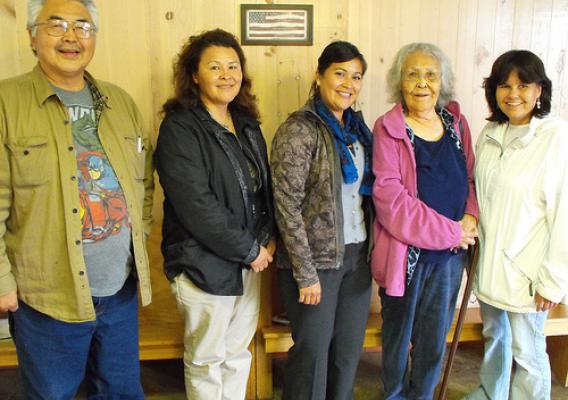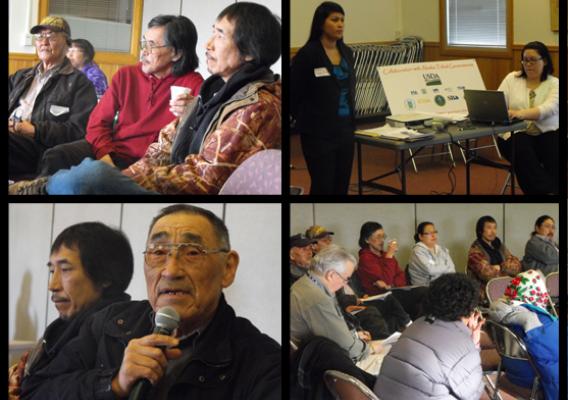For many producers and rural communities, the summer of 2012 has been defined by a record drought.
From the early days of this disaster, USDA has taken action to help. We’ve streamlined our disaster designation process, provided easier access to farm credit, opened more conservation lands for emergency haying and grazing, and much more.
Meanwhile, we continue to convene regular meetings of White House Rural Council to coordinate the Federal response and identify every effort we can take to provide additional help and assistance.
For example, the Small Business Administration and National Credit Union Administration have worked to increase emergency lending for small businesses. The Department of Interior has opened more Federal land for grazing. The Department of Transportation has taken measures to get more trucks on the road in the relief effort. And the U.S. Army Corps of Engineers is working to preserve navigation routes on drought-stricken waterways.







